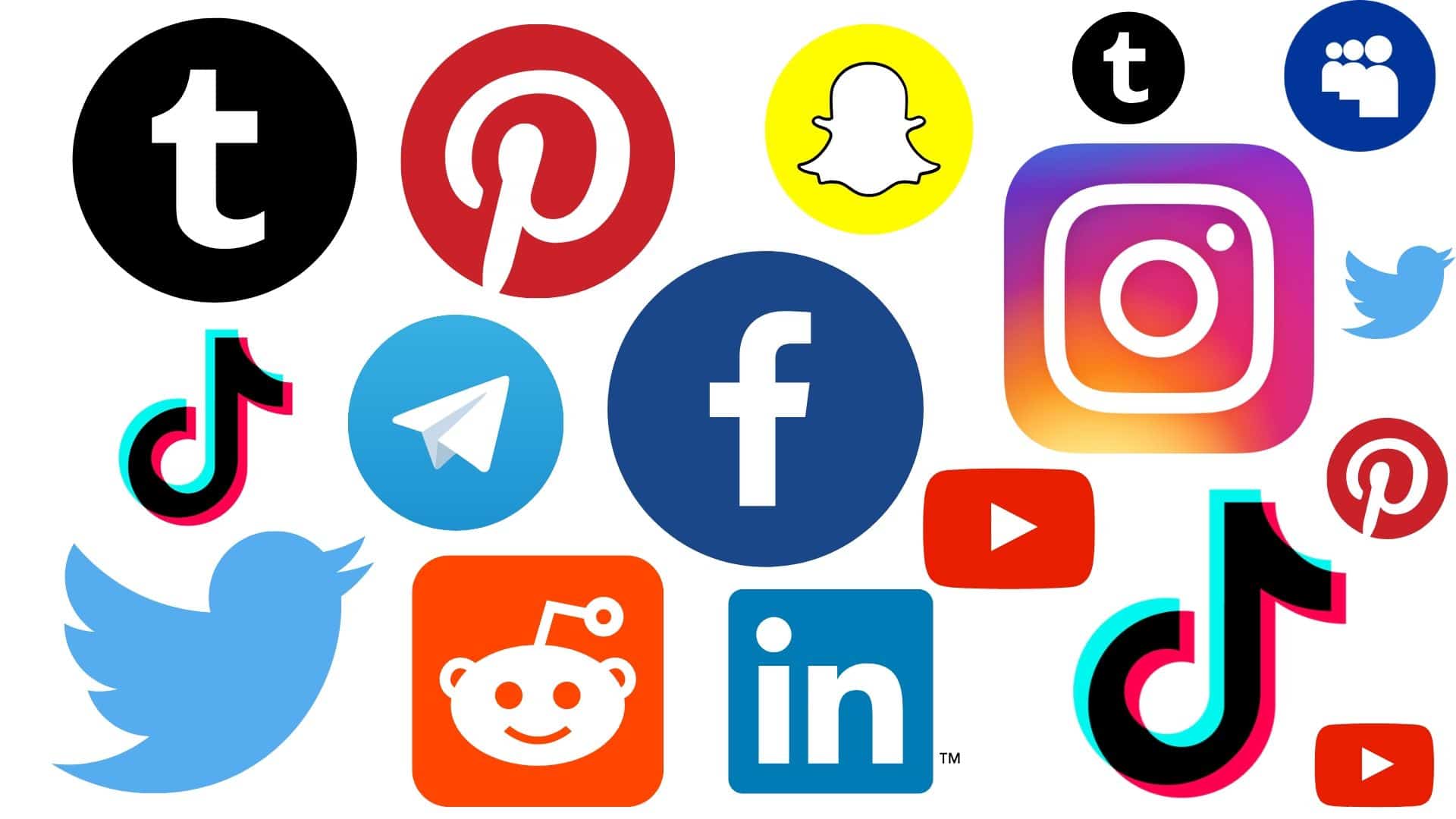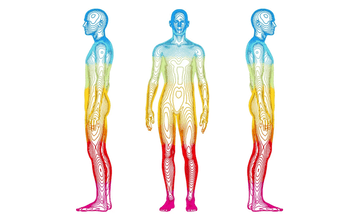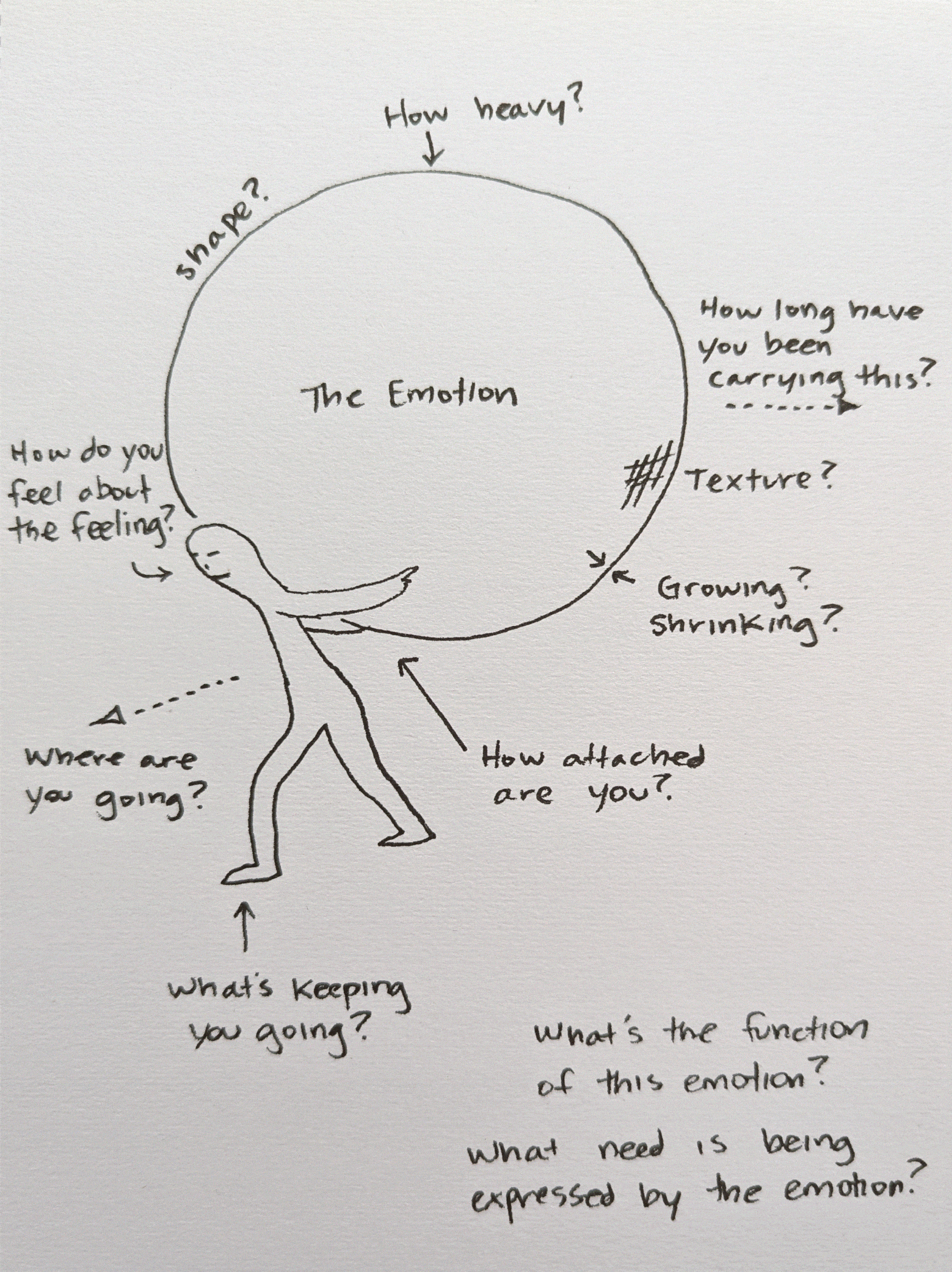Safety as a spectrum
Developing our language for trauma, safety, abuse, integration, and other emotion / relational concepts can help us develop and understand our own experience – here I talk briefly about the way these realities of safety, connection, trauma, can be understood on a “spectrum.” A few examples to supplement what I share in this video: Some … Read more




